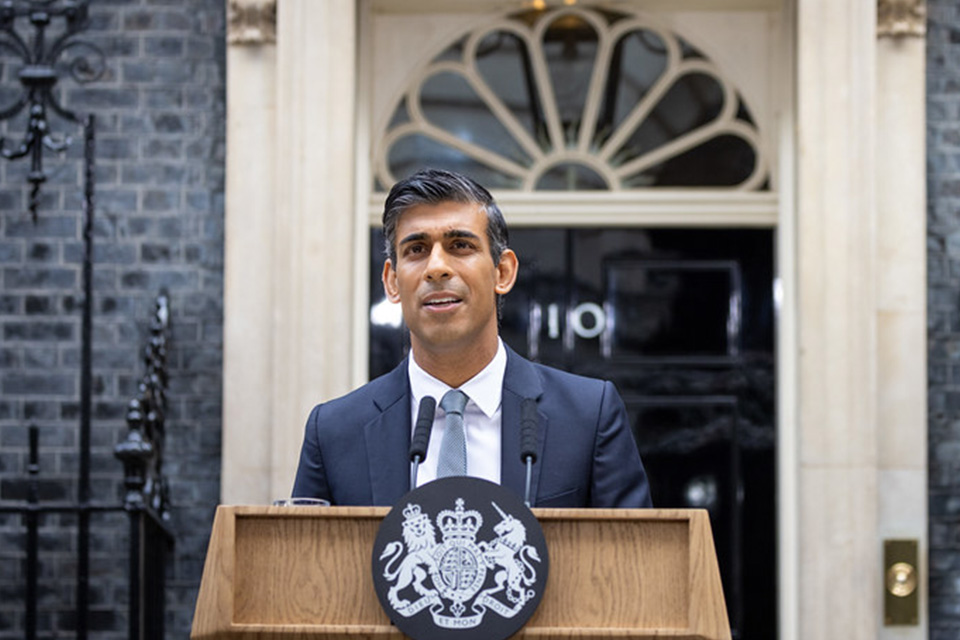The UK is suddenly the go-to destination for global investment, with a staggering £386 billion in potential as CFOs shift away from safety into risky ventures. This dramatic change in mindset reflects a growing willingness to gamble on the future, but at what cost to the very fabric of society?
Risk Appetite Skyrockets
According to Deloitte"s latest survey, 17% of Chief Financial Officers (CFOs) now express a desire to embrace higher risks in their investment strategies. This figure has surged from just 12% last year, signaling a fundamental shift in how business leaders view the economic landscape. The UK now ranks joint top with India as the preferred investment location, showcasing a renewed confidence among financial leaders.
Deregulation to Fuel Growth
The UK government is pushing a deregulation agenda aimed at stoking this newfound risk appetite. Chancellor Rachel Reeves has called on the Bank of England and the Financial Conduct Authority (FCA) to facilitate a regulatory environment that prioritizes growth over caution. Alastair King, the Lord Mayor of London, emphasized the need for a regulatory approach that is not only informed but also daring. "We must regulate for growth, not just risk," he stated, urging for a mindset shift that could redefine the UK"s global competitiveness.

Prime Minister"s keynote speech at the Global Investment Summit: 27 ...
Investment Culture Shift
Reeves plans to broaden financial reforms beyond the City of London, aiming to foster a retail investment culture among ordinary Britons. One of her proposed changes includes reducing the cash ISA limit to £5,000, making it easier for everyday citizens to invest in stocks and shares. This initiative is part of a broader strategy to democratize investment, but it raises significant questions about who truly benefits from such reforms. As access to investment becomes more widespread, will the wealth gap only continue to widen as the upper echelons of society amplify their gains?
Implications for Marginalized Communities
This surge in risk-taking and investment may sound promising, but it is crucial to scrutinize its implications for marginalized communities. As businesses are encouraged to take greater risks, the potential fallout could disproportionately impact low-income populations, who often bear the brunt of economic volatility. The focus on high-stakes investment could exacerbate existing inequalities, as access to resources and investment opportunities remains skewed in favor of the affluent.

Generative Ai News - CFO Journal - WSJ
Potential Consequences of Deregulation
The drive for deregulation, while intended to stimulate growth, raises alarms about accountability and oversight. The Treasury"s plans to diminish the powers of the banking watchdog could lead to a more volatile financial environment. As reported by Reuters, British businesses are increasingly turning away from U.S. investments, showing a clear preference for local opportunities. This shift could lead to a false sense of security, where the focus on domestic growth overshadows the need for systemic reforms that protect the public interest.







![[Video] Gunfire between Iraqi security forces and Sadr militias in Baghdad](/_next/image?url=%2Fapi%2Fimage%2Fthumbnails%2Fthumbnail-1768343508874-4redb-thumbnail.jpg&w=3840&q=75)
